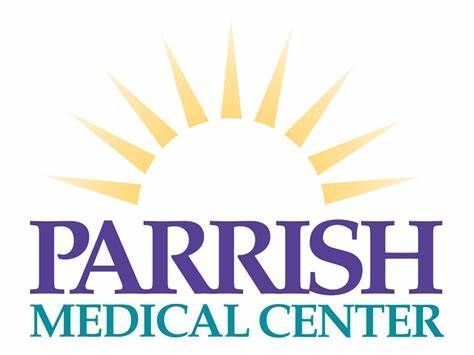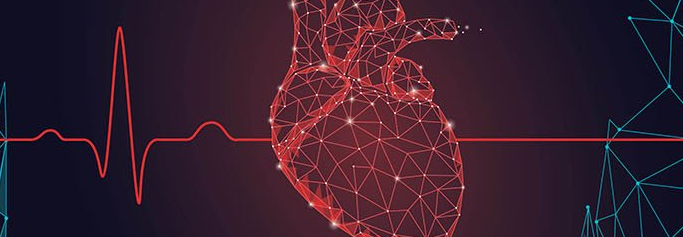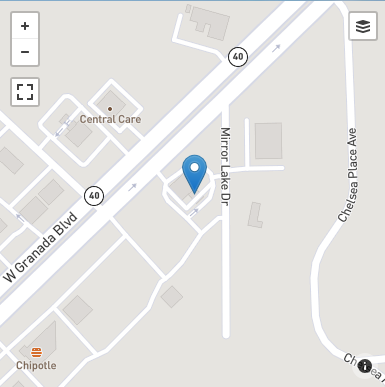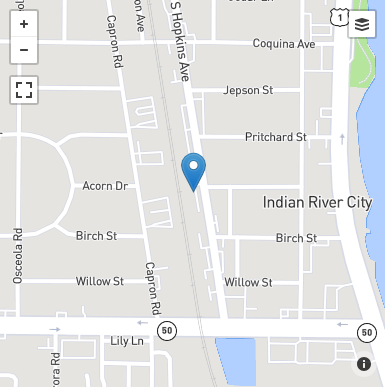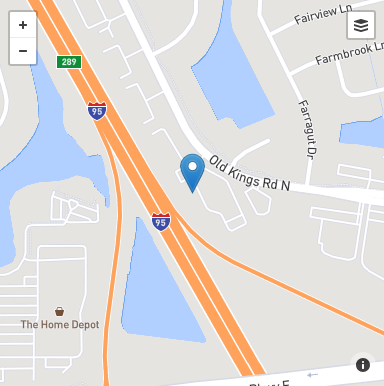Is the COVID-19 Vaccine Safe for Heart Patients?
For patients with heart problems, is the COVID-19 vaccine safe and effective?
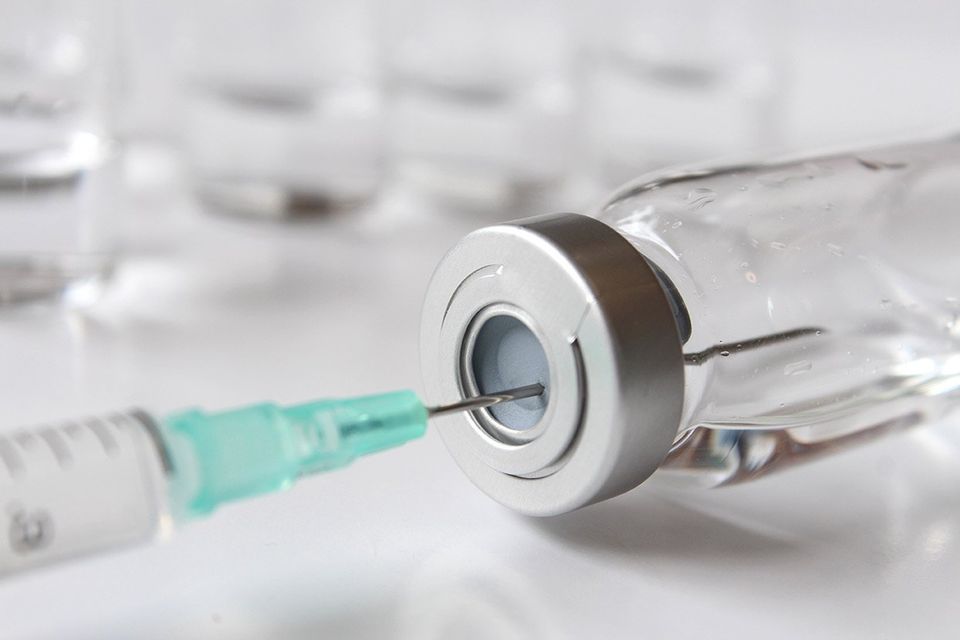
I’m nervous about vaccines. Are the COVID-19 vaccines truly effective? They were developed in less than a year.
As a heart patient, you should have no concerns about the speed with which the vaccines were developed. Both the Pfizer-Biontech and the Moderna vaccines were tested on a very large number of patients and shown to be safe and effective. Heart disease and stroke medical experts urge the public to get the COVID-19 vaccinations.
Are the vaccines safe for people with a history of heart disease, heart attack or cardiovascular risk factors?
Not only are the Pfizer-Biontech and Moderna vaccines safe for people with a history of heart disease, they are essential. People with heart disease are at increased risk of severe complications from COVID-19.
On January 15, 2021, the American Heart Association released a statement urging all eligible individuals to get vaccinated to keep themselves, their family and their community healthy and safe:
“As a science-based organization committed to health equity, we are heartened that COVID-19 vaccines have been approved to protect individuals, their loved ones and their communities from the pandemic. The American Heart Association – which has been carefully tracking COVID-19 and its disproportionately negative effects on older adults; people with underlying medical conditions; and Black, LatinX and American Indian/Alaska Native people – strongly encourages everyone to get vaccinated with any approved COVID-19 vaccine as it is available.
In particular, people with cardiovascular risk factors, heart disease, and heart attack and stroke survivors should get vaccinated as soon as possible because they are at much greater risk from the virus than they are from the vaccine.”
What are the side effects of the vaccine? Will the side effects be any different for people with a heart condition or cardiovascular disease?
The most common side effects of the Pfizer-Biontech and Moderna vaccines are pain and bruising at the site of the injection, and in some cases feeling tired or achy. You may also run a low-grade fever. As a heart patient, your symptoms are no different than those of everyone else. Symptoms generally last less than two days.
I hear some people have an allergic reaction. As a heart patient, will I have an increased risk of an allergic reaction?
People with heart disease are not at increased risk of an allergic reaction. Allergic reactions have been reported in only rare cases.
Does my heart condition make me more vulnerable to COVID-19?
People with heart disease are not at higher risk of being infected by the SARS-CoV2 virus, which causes COVID-19.
Am I at greater risk of severe symptoms, or even death, if I get COVID-19?
Unfortunately, people with heart disease are more likely to have a severe or critical case of COVID-19.
In this recorded webinar, Dr. Abbate and Dr. Keyur Shah discuss the latest research on the risk COVID-19 has had on people with heart conditions, and how the virus has affected heart health.
Can people on blood thinners get the vaccine?
Definitely yes. You may get a bigger bruise on your arm, where you got the injection, due to the blood thinner. But this shouldn’t be a concern. If you notice a large bruise that is painful or continues to enlarge, though, ask your doctor about it.
Does my heart disease qualify as an underlying medical condition, moving me ahead of the general public in terms of getting the vaccine?
The Center for Disease Control recommends that, due to the risk of severe or critical COVID-19, patients with heart disease receive their vaccination sooner than the general population.
How long will the vaccine protect me?
While the length of protection with the Pfizer-Biontech and Moderna vaccines is unknown, protection was seen for the entire duration of the clinical studies — about four months, or 120 days.
When can I get the vaccine?
Depending on your age, medical conditions, and occupation, you may be eligible to receive your vaccination now or in the near future.
Where can I get the vaccine?
There will be several places where you can get the vaccine. Please see the Virginia Department of Health to register for vaccination.
As a heart patient, is there anything I have to look out for after getting the vaccine?
There are no special recommendations for patients with heart disease after receiving the vaccine.
What happens after I get the vaccine? Can I stop wearing my mask and social distancing?
After the first dose of the Pfizer-Biontech or Moderna vaccines, you will need a second dose after three or four weeks, respectively. After the second dose, it is estimated that you will develop an immunity that is at least 95% effective. Wearing a mask and observing social distancing are still recommended because the vaccine may not be fully protective and cannot guarantee complete protection for infection.
As a heart patient, are there any extra precautions I should take to reduce my chances of getting COVID-19?
Everyone should observe the common practices of social distancing, wearing a mask, washing your hands frequently and avoiding gatherings — especially in closed spaces. People with heart disease should be particularly careful, given your increased risk of severe or critical COVID-19.
If I’m sick with COVID-19, will I need to be admitted to the hospital?
Thankfully most people with COVID-19 don’t need hospitalization. If you’re diagnosed with COVID-19, you may be able to monitor your condition at home with the help of your doctor.
What treatments can I take at home for COVID-19 that will not interfere with my heart condition and medications?
Everyone’s condition is different, so it’s best to check with your doctor before taking any medications. In general, acetaminophen, when used as directed, is the safest medication for fever.
Are there any treatments for COVID-19, if I’m admitted to the hospital?
For patients admitted with COVID-19 pneumonia requiring oxygen therapy, several treatments are available. These include remdesivir, convalescent plasma and dexamethasone.

